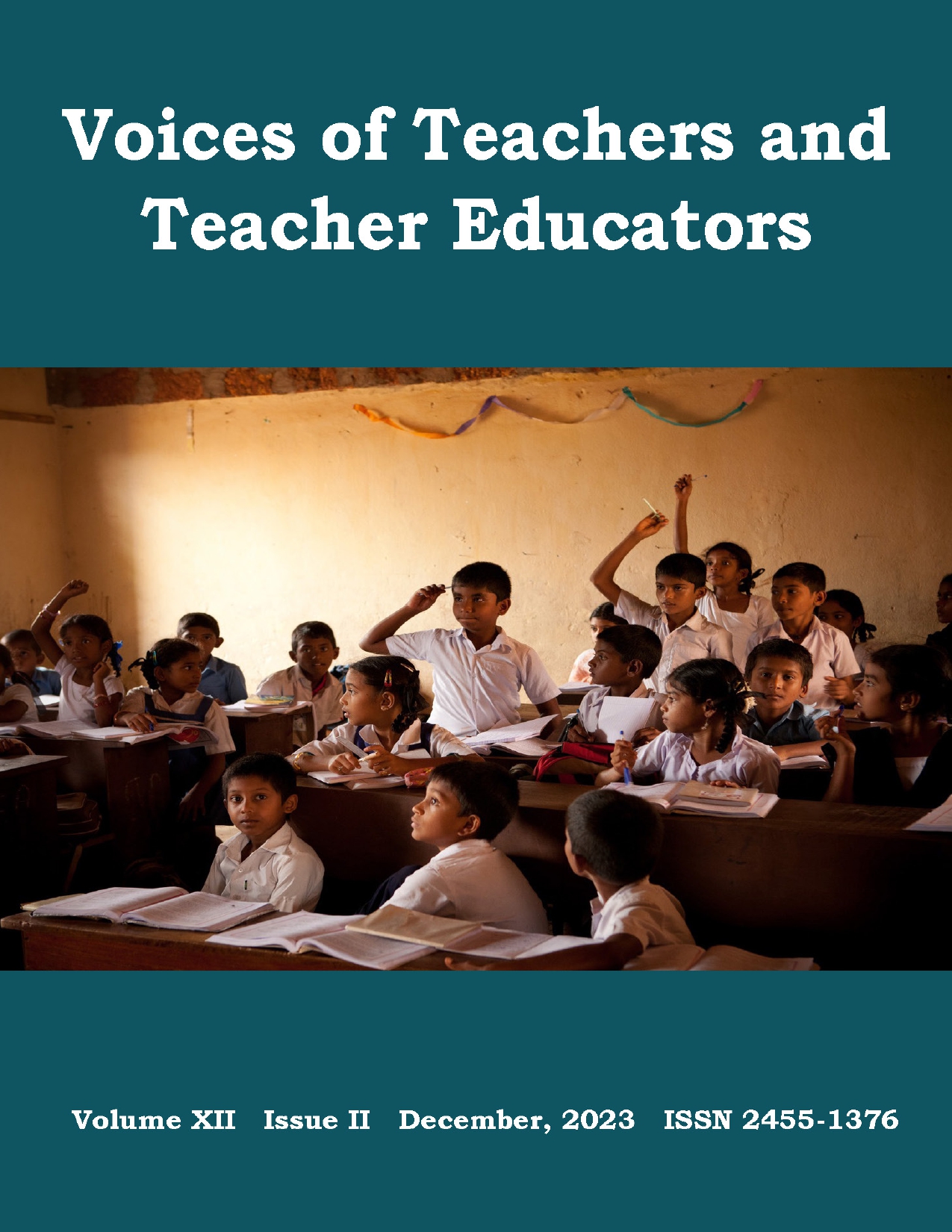Community-Based Alternative Internship Programme in Pre-Service Teacher Education Programme of Odisha at Elementary Stage - A Case Study
प्रकाशित 2023-12-31
संकेत शब्द
- Alternative Internship Programme,
- Teacher Education
##submission.howToCite##
सार
Bridging the learning gap during school closure due to Covid pandemic was a challenge. Even after intense effort of states, access to digital modes of delivery of content was an issue to many students. Similarly, student teachers undergoing teacher preparation programme had difficulty in undergoing internship programme due to school closure. In this context, the state of Odisha had initiated an Alternative Internship Programme (AIP) for D.El.Ed students of pre-service teacher education institutes with the support of UNICEF. During AIP, classes were held by student teachers focusing on Foundational Literacy and Numeracy at home premise of students under Covid restrictions. Activities were organised also for socio-emotional development of children. Student-teachers studying in teacher education institutes across states were given opportunity to undertake their internship activities in their own villages with support from their immediate community. As the initiative was very unique, it was found interesting to examine the programme with respect to its objectives, methodology and governance by undertaking a case study. Another objective of the study was to study the perception and experience of different stakeholders associated with AIP Khordha district of Odisha was considered as the sample unit. Three Assistant Directors of SCERT, Odisha, two Principals of Teacher Education Institutes, 21 Teacher Educators and 106 student teachers from DIET, Khordha and ETEI, Tangi were participated in the study. As beneficiary of AIP programme, 10 parents and 14 children of Khordha and Tangi Block were also being considered for the study. Perception scale, semi-structured interview and FGD were employed for data collection. Percentage was used for analysing perception of student teachers and found that they have high positive perception about Alternative Internship Programme. Content analysis of responses of the stakeholders involved in the programme also indicated that AlP could be considered as an effective community based internship programme. The study also identified the challenges of implementing AIP and brought out suggestions for further improvement. The findings may be of help to understand community linkage model in imparting education especially in rural areas. At the same time, this provides insight to other teacher education institutes at different levels to organize community-based internship programmes to understand the grassroot level educational scenario and work towards solution centred teacher education programmes

